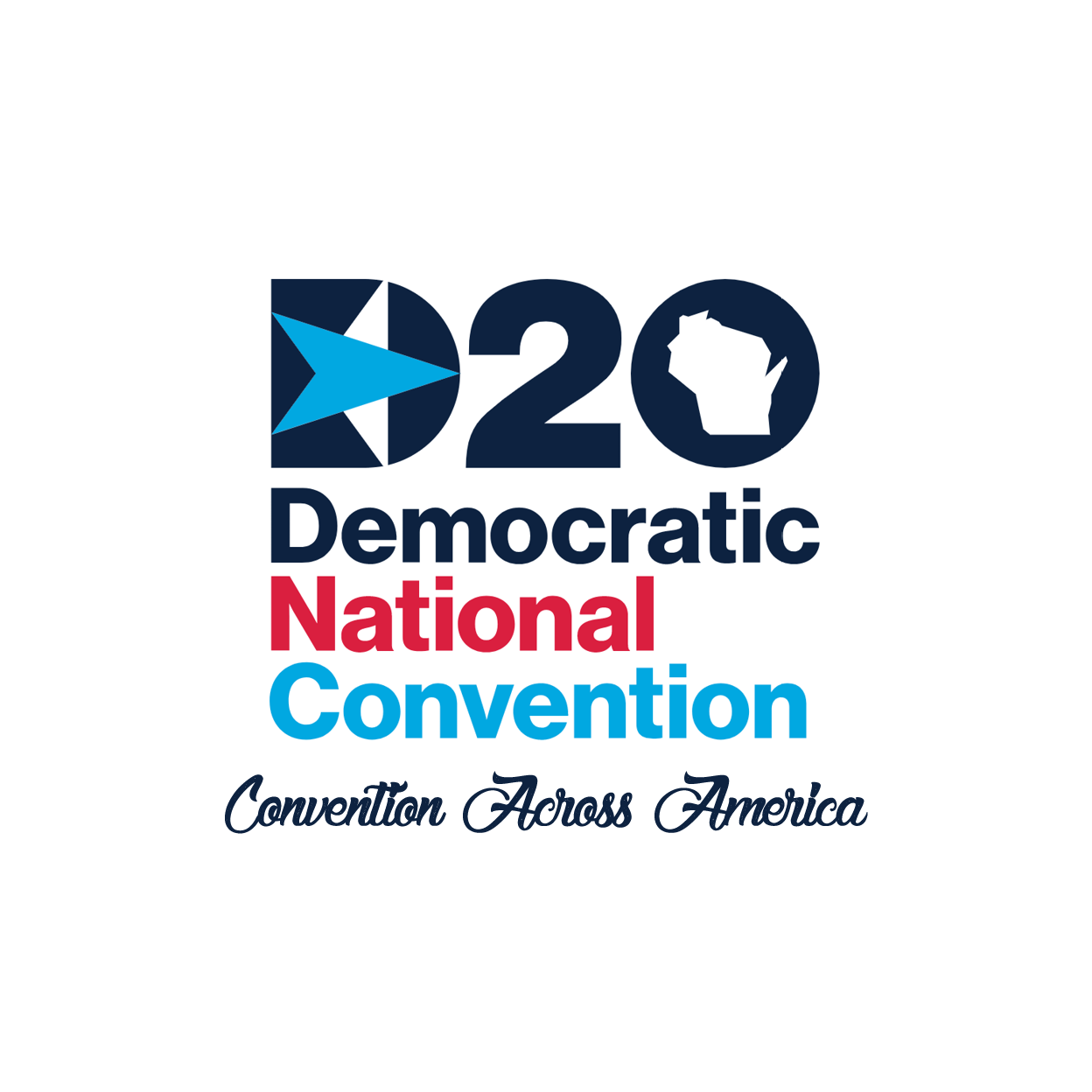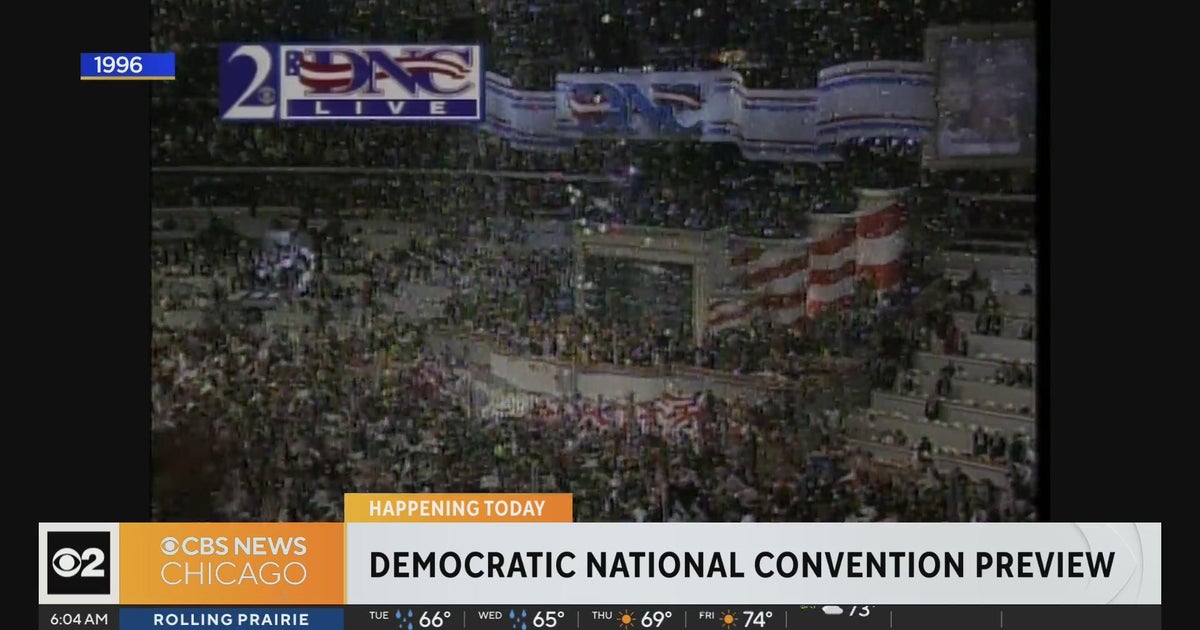The Democratic National Convention (DNC) is one of the most significant political events in the United States, serving as a platform for the Democratic Party to showcase its vision, policies, and candidates for the presidency. This quadrennial event has evolved significantly over the years, becoming a symbol of democracy and political strategy. As we delve into the intricacies of the DNC, you will discover its historical significance, the key players involved, and its impact on American politics.
From nominating presidential candidates to outlining policy platforms, the DNC plays a crucial role in shaping the political landscape of the United States. It brings together delegates, party leaders, and activists from across the nation, providing a unique opportunity to unite under a common cause. This convention is not merely a political gathering but a reflection of the Democratic Party's values and priorities.
As we explore the Democratic National Convention in detail, we will uncover its history, structure, and the processes that make it an essential component of American democracy. Whether you're a political enthusiast, a student of history, or simply curious about how political conventions work, this article will provide you with a comprehensive understanding of the DNC and its significance.
Read also:Mastering Customer Service At Atampt Your Ultimate Guide
Table of Contents
- The History of the Democratic National Convention
- Structure and Organization of the DNC
- Key Players at the DNC
- The Nomination Process
- Policy Platform and Key Issues
- Media Coverage and Public Perception
- Recent Democratic National Conventions
- Challenges Faced by the DNC
- Impact on American Politics
- The Future of the Democratic National Convention
The History of the Democratic National Convention
The Democratic National Convention dates back to the early 19th century, with the first convention held in 1832. Initially, the DNC was established as a formal mechanism for nominating the Democratic Party's presidential and vice-presidential candidates. Over the years, it has evolved into a multifaceted event that combines politics, spectacle, and strategy.
Evolution of the DNC
The early conventions were relatively straightforward, focusing primarily on candidate nominations. However, as the political landscape changed, so did the conventions. The introduction of televised broadcasts in the mid-20th century transformed the DNC into a media-driven event, emphasizing public engagement and communication. Today, the DNC leverages modern technology to reach a global audience, making it more accessible than ever before.
Historical Highlights
- 1960 DNC: John F. Kennedy's nomination marked a turning point in American politics.
- 1988 DNC: Michael Dukakis's campaign focused on economic recovery and education reform.
- 2008 DNC: Barack Obama's historic nomination as the first African American presidential candidate.
Structure and Organization of the DNC
The Democratic National Convention operates under a well-defined structure designed to ensure transparency and inclusivity. The convention is organized by the Democratic National Committee (DNC), which oversees the logistics, scheduling, and delegate selection process.
Read also:Tracing Eminems Rise When Did Eminem Get Famous
Delegate Selection Process
Delegates are chosen through a combination of state primaries, caucuses, and party conventions. This process ensures that the delegates represent a diverse range of viewpoints and demographics within the Democratic Party. The number of delegates allocated to each state is based on its population and electoral votes.
Key Components of the Convention
- Nomination of presidential and vice-presidential candidates.
- Adoption of the party's official platform.
- Keynote speeches and policy discussions.
Key Players at the DNC
The Democratic National Convention brings together a wide array of individuals who play critical roles in shaping the event and its outcomes. These include party leaders, delegates, candidates, and influential activists.
Party Leaders
Party leaders such as the chairperson of the DNC and prominent members of Congress often deliver speeches and participate in panel discussions. Their presence underscores the party's unity and vision for the future.
Delegates
Delegates are the backbone of the DNC, representing their respective states and voting on key decisions. They are selected through a rigorous process that emphasizes fairness and representation.
The Nomination Process
The nomination process at the DNC is a carefully orchestrated event that culminates in the official selection of the party's presidential and vice-presidential candidates. This process involves multiple stages, including primaries, caucuses, and the final vote at the convention.
Primaries and Caucuses
Primaries and caucuses are the first steps in the nomination process, where voters from each state cast their ballots for their preferred candidates. The results of these events determine the number of delegates each candidate receives.
Final Vote at the Convention
At the convention, delegates cast their votes to officially nominate the party's candidates. This process is often televised, providing a dramatic conclusion to months of campaigning and political maneuvering.
Policy Platform and Key Issues
The Democratic National Convention serves as a platform for the party to outline its policy priorities and address key issues facing the nation. These policies are developed through extensive consultations with experts, activists, and party members.
Key Policy Areas
- Healthcare: Expanding access to affordable healthcare and addressing systemic inequalities.
- Climate Change: Implementing sustainable policies to combat global warming and promote clean energy.
- Economic Justice: Focusing on job creation, fair wages, and reducing income inequality.
Media Coverage and Public Perception
Media coverage plays a pivotal role in shaping public perception of the Democratic National Convention. With millions of viewers tuning in from across the globe, the convention provides a unique opportunity for the Democratic Party to communicate its message effectively.
Challenges in Media Representation
Despite its importance, the DNC faces challenges in ensuring balanced and accurate media coverage. Misinterpretations and biases can influence public opinion, making it essential for the party to engage directly with the media and its audience.
Recent Democratic National Conventions
Recent Democratic National Conventions have been marked by significant milestones and memorable moments. These events have not only shaped the party's direction but also influenced national politics.
2020 DNC
The 2020 DNC, held virtually due to the COVID-19 pandemic, showcased the party's adaptability and resilience. Joe Biden's nomination as the presidential candidate highlighted the party's commitment to unity and progress.
Challenges Faced by the DNC
Like any large-scale event, the Democratic National Convention faces numerous challenges, ranging from logistical issues to political controversies. Addressing these challenges is essential for ensuring the success and relevance of the convention.
Logistical Challenges
Organizing a convention that brings together thousands of delegates and spectators requires meticulous planning and coordination. Security, transportation, and accommodation are just a few of the logistical concerns that must be addressed.
Impact on American Politics
The Democratic National Convention has a profound impact on American politics, influencing public opinion, voter behavior, and policy-making. Its ability to unite the party and inspire its supporters makes it a powerful tool for political mobilization.
Long-Term Effects
The policies and candidates endorsed at the DNC often shape the political landscape for years to come. By setting the agenda for the party, the convention plays a crucial role in determining the direction of American democracy.
The Future of the Democratic National Convention
As technology continues to evolve, the Democratic National Convention will likely adapt to new formats and platforms. Embracing digital innovation and expanding its reach will ensure that the DNC remains a vital component of American democracy.
Potential Innovations
- Incorporating virtual reality to enhance the attendee experience.
- Expanding global outreach through multilingual broadcasts.
- Enhancing inclusivity by involving grassroots activists and community leaders.
Conclusion
The Democratic National Convention is more than just a political event; it is a celebration of democracy and a testament to the power of collective action. By understanding its history, structure, and impact, we gain valuable insights into the workings of American politics and the role of the Democratic Party in shaping the nation's future.
We invite you to engage with this content by sharing your thoughts and opinions in the comments section below. Additionally, explore other articles on our site to deepen your understanding of political processes and their significance. Together, we can foster a more informed and engaged citizenry.


